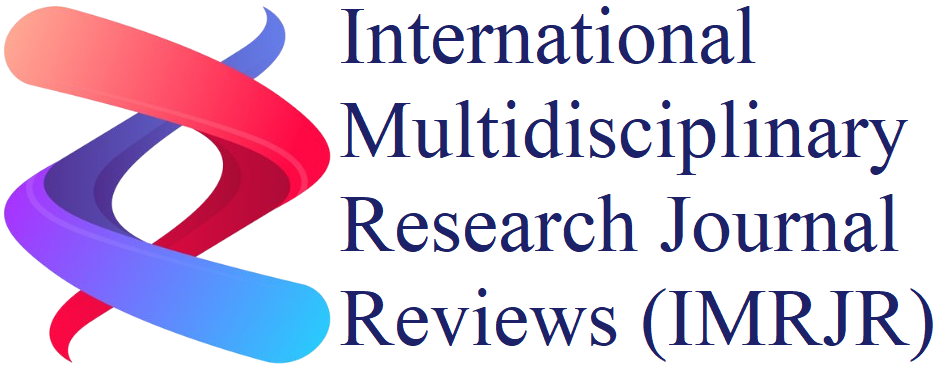Abstract: Artificial Intelligence (AI) in education refers to the use of intelligent technologies to enhance teaching and learning processes. AI can personalize learning by adapting content to individual students’ needs, provide real-time feedback, automate administrative tasks, and support educators in designing effective instructional strategies. The study explores the level of Artificial Intelligence (AI) literacy and digital competencies among the B.Ed teacher trainees from five districts of Karnataka such as Mysuru, Shivamogga, Hassan, Mandya, and Bengaluru. The present study uses a descriptive survey design by using self constructed Artificial Intelligence Assessment Scale (AIAS) which measure the three dimensions such as AIKU (AI knowledge & understanding), AIUA (AI use & apply), AISE (AI self-efficacy) and IE (AI ethics), data collected from 436 trainee and collected data analyses by using t-test and regression analysis. The result of the study revealed that the gender and the geographical location or background does not significantly impact on the learning and enhancing AI-related competencies but both I year & II Year exhibited similar mean scores, indicating consistent AI awareness and readiness regardless of their academic year. The study also revealed that the strong and positive predictive relationship between B.Ed teacher trainees’ understanding of AI concepts and their ability to apply AI in educational contexts, teacher trainees who possess stronger knowledge and understanding of AI tend to show higher confidence (self-efficacy) and stronger ethical awareness in using AI applications. The study recommends that integration of AI focused curriculum, ethical training of AI, pedagogical innovation and professional development for prepare future educators for AI- driven classrooms.
Keywords: Artificial Intelligence (AI) Literacy, B.Ed teacher trainees, TPACK, Digital competence.
Download:
![]() |
DOI:
10.17148/IMRJR.2025.021101
|
DOI:
10.17148/IMRJR.2025.021101
[1] Dr. Sowmya N S & Devaraju B N, "Exploring Digital Competencies among B.Ed Teacher Trainees," International Multidisciplinary Research Journal Reviews (IMRJR), 2025, DOI 10.17148/IMRJR.2025.021101

